Humans news stories

New study examines the paradoxical relationships between psychosis, psychotherapy, and psychedelic experiences.
Researchers have created the largest-ever family tree – a genealogical network of human genetic diversity – that is a major step towards mapping the genetic relationships between all humans.

Archaeologists believe they may have found evidence of a 4,000-year-old prehistoric burial mound during the construction of new student flats.

The study of false—sober—insights teaches us to be wary of accepting every realization from psychedelic trips without critical thinking.
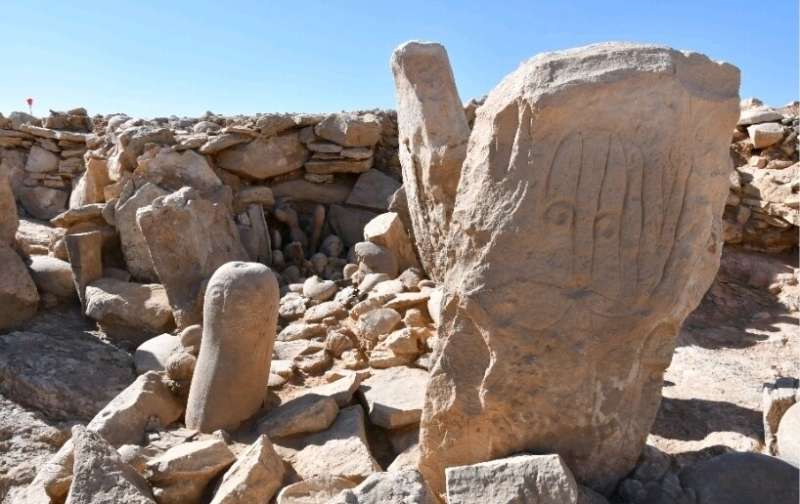
A team of Jordanian and French archaeologists said Tuesday that it had found a roughly 9,000-year-old shrine at a remote Neolithic site in Jordan’s eastern desert.
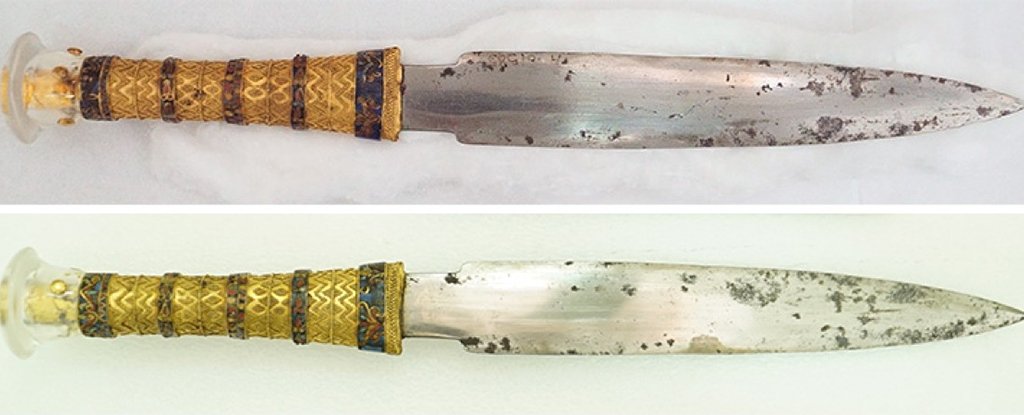
You may already know the legend of King Tutankhamen’s space dagger – an iron weapon forged from the rock of meteorites, and entombed with the ancient Egyptian pharaoh. Now a new study has revealed more details about this most fascinating and mysterious of artifacts
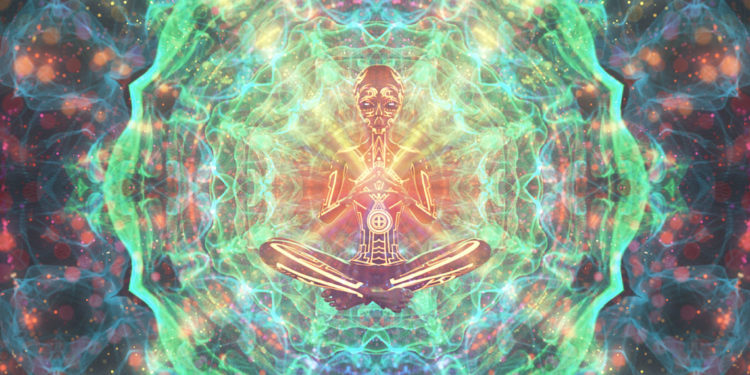
A new study published in Frontiers in Psychology provides an in-depth look at the types of otherworldly experiences that people have when they take a high dose of the psychedelic substance dimethyltryptamine (DMT). The findings provide new insight on the complex dimensions of the DMT experience.
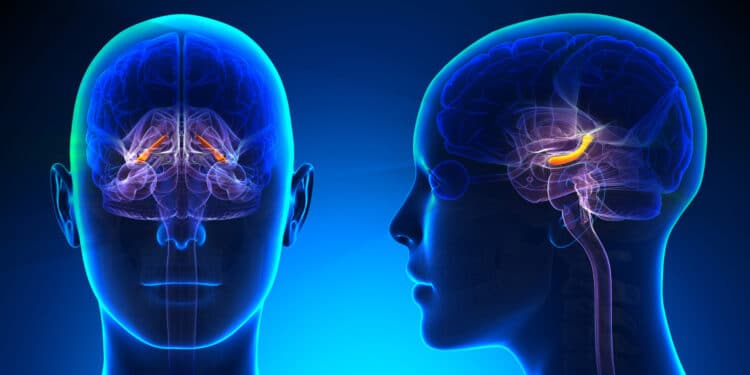
New neuroimaging research sheds light on the brain regions involved in extracting structure from past experiences when making decisions. The study, which appears in Cell Reports, indicates that the hippocampus and orbitofrontal cortex play key roles in this process.

Once just an obscure island dialect of an African Bantu tongue, Swahili has evolved into Africa’s most internationally recognized language. It is peer to the few languages of the world that boast over 200 million users.

The use of psilocybin — the active component of “magic” mushrooms — is associated with a decreased likelihood of engaging in criminal behavior, according to new research. The findings have been published in the Journal of Psychopharmacology.

Findings from the journal Scientific Reports suggest that psychedelic drugs can alter a person’s core beliefs about the nature of reality, consciousness, and free will.
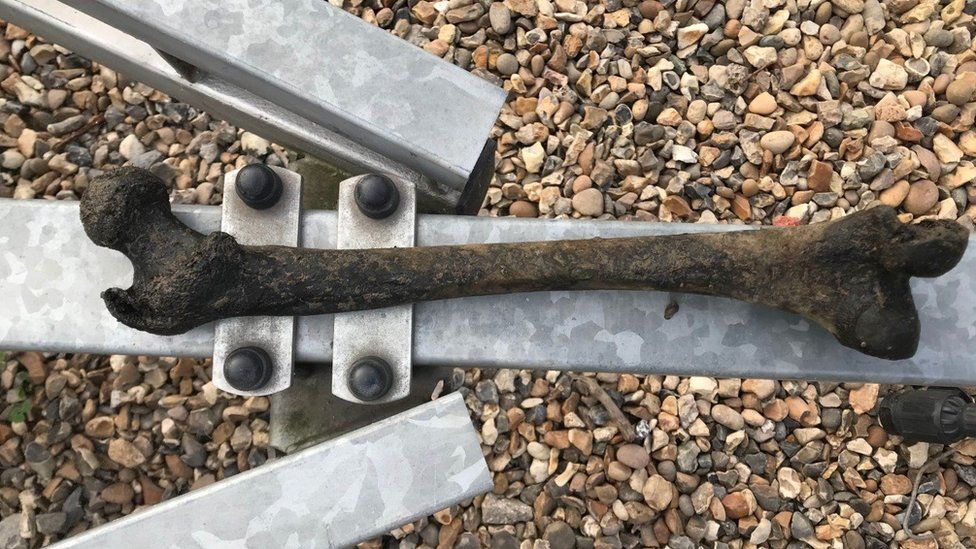
Lying on the pebbles and rocks of the riverbed at low tide was a human femur, or upper leg bone.

The 2,000-year-old fragments also included receipts, school texts, trade information and lists of names, according to researchers at Germany’s University of Tübingen, which carried out the excavation.
Image from Encyclopædia Britannica (Wiki Commons)
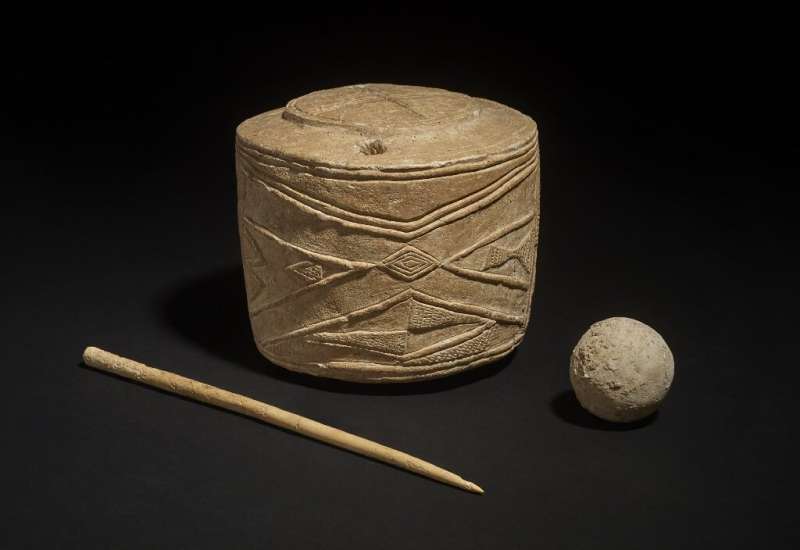
The 5,000-year-old drum carved from chalk is set to go on display for the first time in a major exhibition about the Neolithic site of Stonehenge and its historical context.
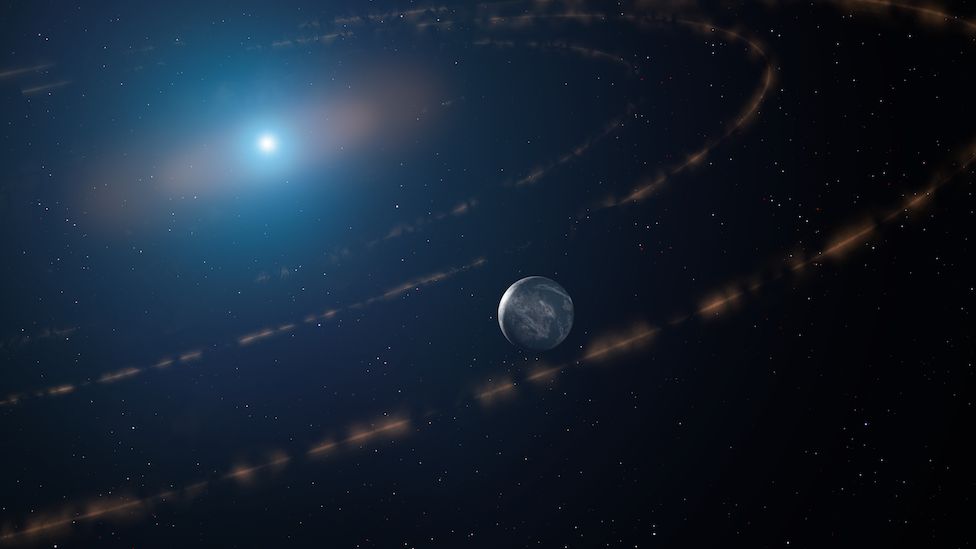
Researchers believe there may be a planet that could sustain life, in the vicinity of a dying sun.
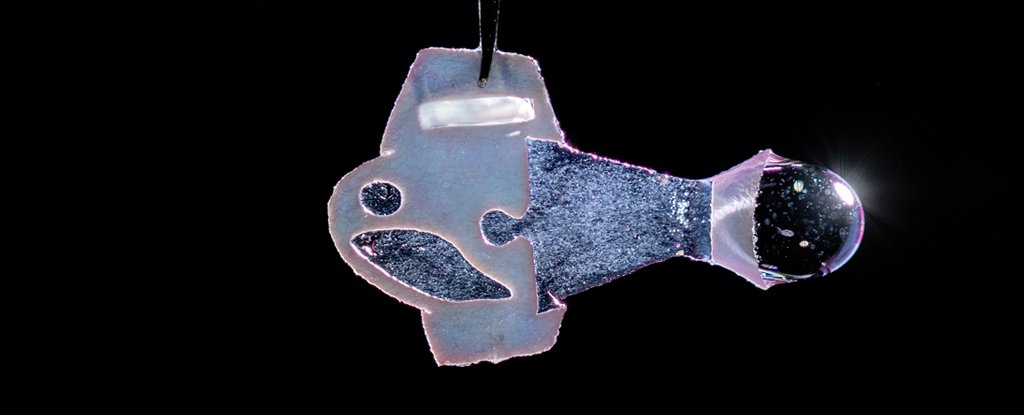
With its tail flipping rhythmically from side to side, this strange synthetic fish scoots around in its salt and glucose solution, using the same power as our beating hearts.








